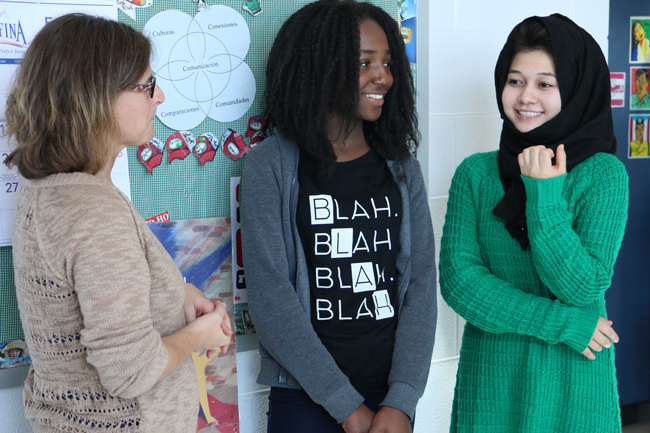The film Paper Tigers documents the journey of a school in Walla Walla, Washington (US), that introduced a trauma-informed approach to discipline and student support in a school environment full of drug abuse, fights, and poor academic performance. In just a few years, they achieved a 90% decrease in suspensions, a 75% decrease in fights, and a five-fold increase in graduation rates.
The film carefully and truthfully focuses on the lives of a few teenagers living in adverse family situations, as well as the initiatives taken by them and their teachers to respond in a trauma-informed way to their learning challenges. The young people and their teachers together engage in learning about the Adverse Childhood Experience study. The school opens a free health clinic. Teachers and administrators look beyond the surface behaviors to try to work with students in deeply humane ways, honoring their dignity and humanity, engaging in loving rather than punitive responses to discipline issues.
The story of Lincoln High School’s success is not one that feels easy to replicate, and there are some missing pieces.
- At the school in Washington, one teacher takes into her family a student abandoned by her family. Others engage at all hours with students who are struggling. How do we ask of educators and caregivers the level of attention and commitment that those teachers and administrators showed? How does a school honor both the teachers’ needs for boundaries and the students’ needs for attention and care?
- All the adults in the film are European-heritage people, as are most (but not all) of the students. What would this initiative look like in a predominantly indigenous or African-American or immigrant community/school? It’s worth complementing Paper Tigers with the work of Restorative Justice for Oakland Youth, an African-American-led organization working in predominantly African-American schools in California. See this film made in 2013 describing their work with Restorative Circles in Schools.
- The ACE study itself was done with primarily white, middle-class people in California, asking about individual experiences of adversity but not looking at systematic dignity violations or cultural or identity-based trauma. What would it look like if it accounted for adverse experiences of racism or systematic discrimination?
For anyone interested in exploring more about how to deepen trauma-informed approaches to discipline/student support or apply restorative justice in educational settings, check out EMU’s upcoming Restorative Justice in Education (RJE) Academy June 27-28, 2016, here. Key RJE presenters, schoolteachers and administrators who are working with restorative justice in schools will share their insights on developing RJE cultures in school settings. And we’re screening Paper Tigers!
